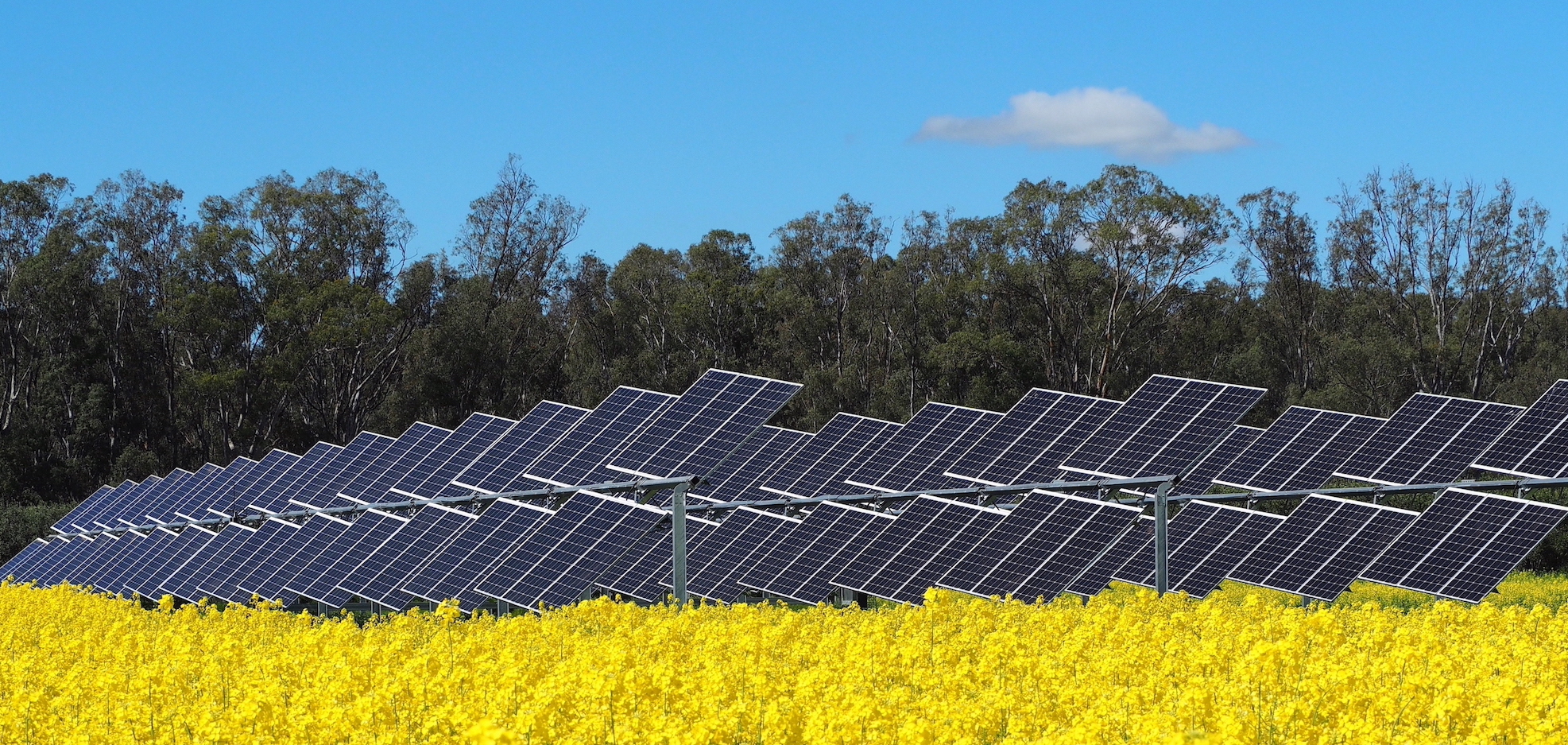15 May 2024
Farmers for Climate Action, representing some 8200 farmers across Australia, has cautiously welcomed measures in the Federal budget.
These measures include:
- More than $63 million for Climate Action in agriculture
- $1 billion for the Solar Sunshot program to make solar panels in regional Australia
CEO Natalie Collard said:
“We need serious pollution reduction this decade to keep farmers farming. While this budget is a step in the right direction, there is much more to do. We call on the government and industry to work together to reduce pollution every year and position agriculture to be profitable, productive and sustainable for generations to come.
“It’s good to see a commitment to invest in helping farmers reduce carbon pollution, hand in hand with the net zero sector plan for agriculture. We look forward to examining the details of this investment when announced at the Sustainable Agriculture Summit in Toowoomba.
“We’re also pleased at the Government’s already-announced commitment of $1bn for the Solar Sunshot initiative to produce solar panels in regional Australia. Australians value being self-sufficient and know that making what we need here in our country can create regional jobs and deliver vibrant regional communities.
“We know farmers and regional Australians broadly support renewable energy in their regions, with the massive CSIRO survey recently confirming 83% of Australians in regional and rural towns confirming they would be ok with living near renewable energy infrastructure. This reinforces Farmers for Climate Action polling released in February which saw residents in energy shift regions name renewable energy as the biggest opportunity for their regions.
“And yet, fossil fuel subsidies have risen to $14.5 billion in the 2023-24 financial year. Taxpayer money should not be used to subsidise the polluters who are making farming harder.
“Regarding the proposed farm biosecurity levy, we don’t think charging farmers more money to pay for risks they didn’t create is the right way forward. The big importing companies who create the risk of importing pests and diseases should pay for that – not farmers.”
Media contacts:
Les White 0409 805 122 les@lockslie.com






